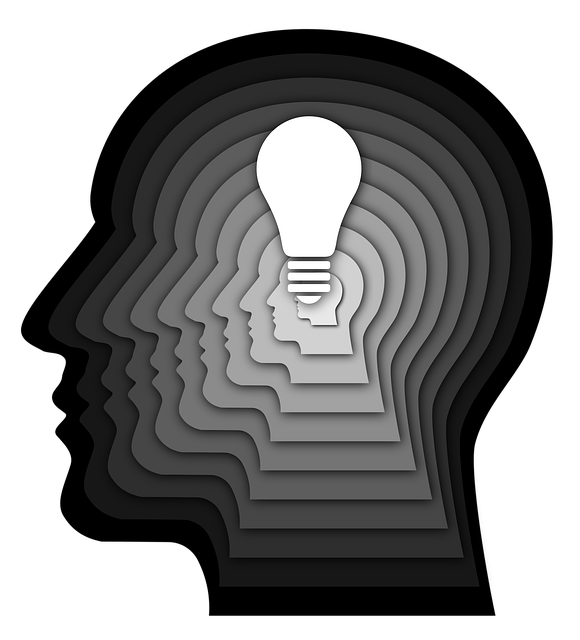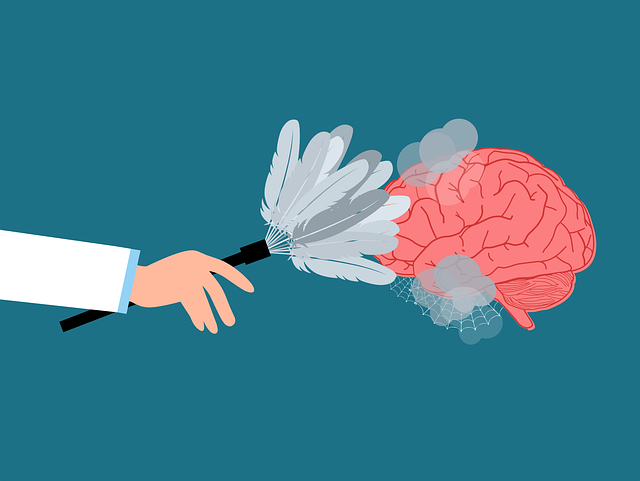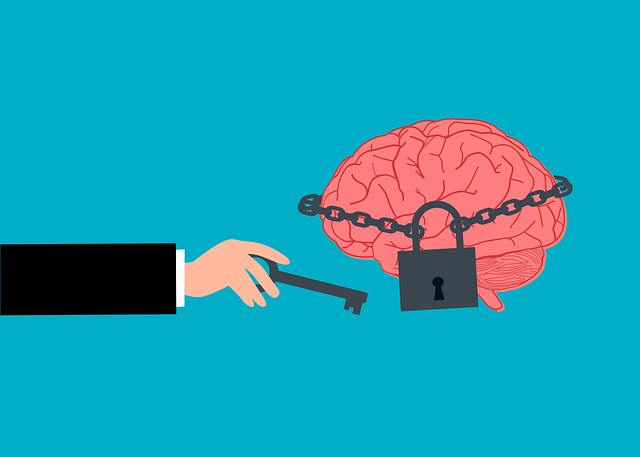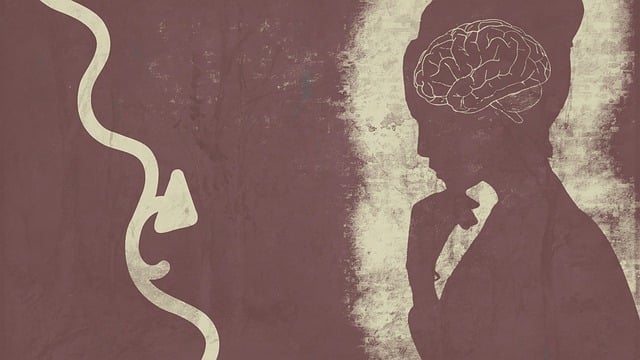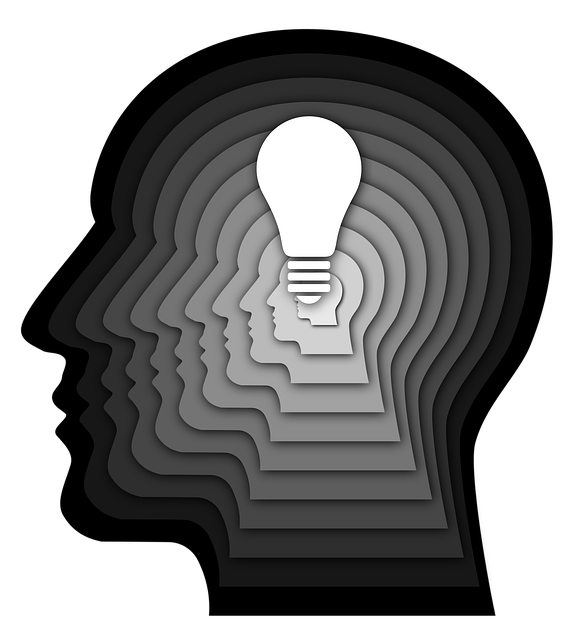Mental health diagnoses demystified through understanding symptoms, causes, and impact on daily life, empowering individuals with knowledge for effective treatment using tools like the DSM. Boulder Hypnosis Therapy offers a unique approach to conditions like anxiety, depression, PTSD, and phobias, combining deep relaxation and subconscious mind challenges to improve mood, reduce stress, and enhance quality of life. Comprehensive guides encourage informed discussions with healthcare providers, setting realistic goals, structuring routines, and tracking progress for holistic well-being management, complementing traditional therapies with Boulder Hypnosis Therapy and supporting mental health professionals through burnout prevention strategies.
Mental illness diagnosis and treatment navigation can be a daunting process, but understanding the steps involved can make all the difference. This article guides you through the intricate landscape of mental health diagnoses, highlighting the benefits of Boulder Hypnosis Therapy as a complementary approach. We offer a comprehensive guide to navigating treatment plans and emphasize the importance of ongoing support resources for long-term well-being. By demystifying these aspects, we aim to empower individuals on their journey to recovery.
- Understanding Mental Health Diagnoses: Demystifying the Process
- The Role of Boulder Hypnosis Therapy in Treatment Options
- Navigating Treatment Plans: A Step-by-Step Guide
- Support Resources for Continuous Well-being Beyond Therapy Sessions
Understanding Mental Health Diagnoses: Demystifying the Process

Mental health diagnoses are often seen as mysterious and daunting, but demystifying this process is a crucial step in navigating effective treatment. At Boulder Hypnosis Therapy, we believe that understanding your diagnosis is empowering. This involves recognizing symptoms, identifying their root causes, and comprehending how they impact daily life. Mental health professionals utilize various assessment tools and criteria from comprehensive manuals like the Diagnostic and Statistical Manual of Mental Disorders (DSM) to make accurate diagnoses.
This process includes in-depth conversations with a healthcare provider who may employ techniques such as communication strategies and emotional healing processes tailored to your unique needs. Moreover, ensuring that your healthcare provider has undergone cultural competency training is essential, as it allows for a more nuanced understanding of your background and experiences, fostering a collaborative environment conducive to recovery.
The Role of Boulder Hypnosis Therapy in Treatment Options

Boulder Hypnosis Therapy offers a unique and effective approach to mental health treatment, providing an alternative option for those seeking relief from various psychological ailments. This therapeutic method leverages the power of the mind to promote healing and well-being, targeting specific conditions such as anxiety, depression, post-traumatic stress disorder (PTSD), and even phobias. By inducing a deep state of relaxation, hypnosis allows individuals to gain unprecedented access to their subconscious minds, enabling them to challenge negative thought patterns and beliefs that may be contributing to their mental illness.
Incorporating Boulder Hypnosis Therapy as part of a comprehensive treatment plan can complement traditional therapies like Self-Care Practices, Social Skills Training, and Self-Awareness Exercises. It empowers patients to take an active role in their healing journey, fostering a deeper understanding of themselves and enhancing their ability to manage symptoms. Through repeated sessions, individuals may experience lasting improvements in mood, reduced stress levels, and increased resilience, ultimately leading to improved overall mental health and quality of life.
Navigating Treatment Plans: A Step-by-Step Guide

Navigating Treatment Plans: A Step-by-Step Guide
The first step in effective treatment is understanding your mental health diagnosis and the various options available. Begin by gathering information from your healthcare provider, including details about your specific condition, potential treatment approaches, and expected outcomes. This knowledge empowers you to actively participate in your care. Next, create a list of questions to discuss with your therapist or physician, focusing on the benefits and risks of each proposed therapy. Boulder Hypnosis Therapy, for instance, offers techniques tailored for self-esteem improvement and compassion cultivation practices, addressing underlying issues through hypnotic relaxation and guided imagery.
Once you’ve decided on a treatment plan, it’s crucial to set realistic goals and establish a structured routine. Break down your goals into smaller, manageable milestones. Regularly review your progress and adjust the plan as needed with the help of your healthcare team. Mental health awareness is key; stay informed about your condition and the strategies employed in your treatment. This proactive approach ensures a smoother journey towards recovery and enhances your overall well-being.
Support Resources for Continuous Well-being Beyond Therapy Sessions

Beyond the structured environment of therapy sessions, maintaining continuous well-being is a crucial aspect of mental illness management. One effective strategy, often overlooked, is incorporating holistic practices into daily routines. Boulder Hypnosis Therapy, for instance, offers a unique approach to stress reduction and emotional healing by utilizing hypnosis techniques to address underlying causes of distress. This alternative treatment can complement traditional therapy and enhance overall mental resilience.
In addition to such innovative methods, healthcare providers should explore burnout prevention strategies like mindfulness practices and regular exercise to counteract the demanding nature of their work. Implementing effective risk management planning is also essential for mental health professionals. By integrating Stress Reduction Methods into their self-care routines, they can better serve their clients while ensuring long-term sustainability in their careers.
Mental illness diagnosis and treatment can be a complex journey, but with the right navigation tools, it becomes manageable. This article has demystified the process of understanding mental health diagnoses and highlighted the benefits of Boulder Hypnosis Therapy as an effective treatment option. By following a step-by-step guide to navigating treatment plans and utilizing support resources beyond therapy sessions, individuals can take control of their well-being. Boulder Hypnosis Therapy offers a unique approach, providing an additional layer of support for those seeking holistic healing. Remember, with the right assistance, recovery is accessible.
